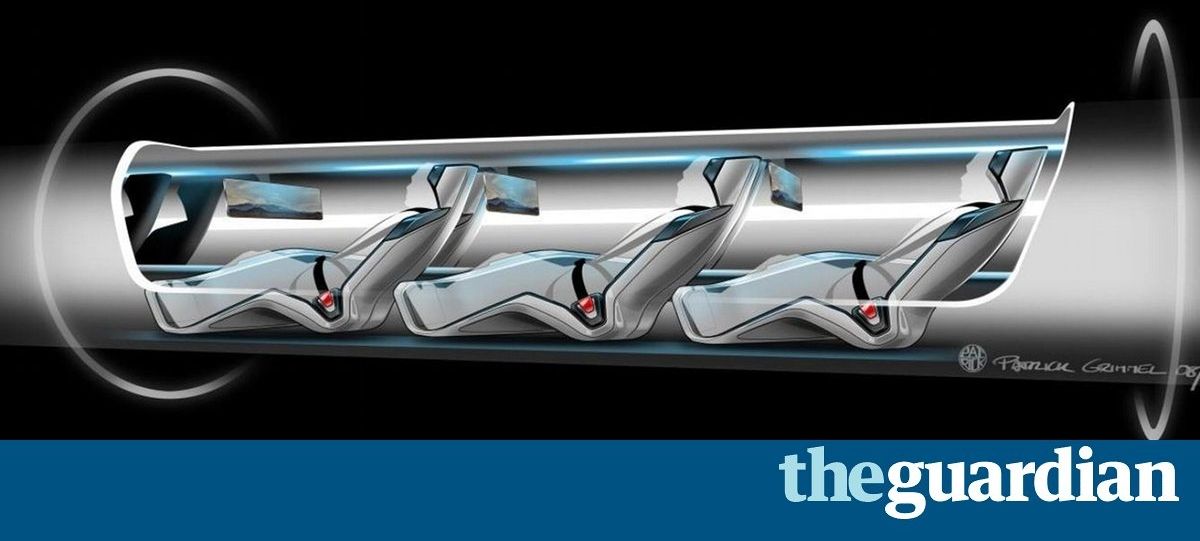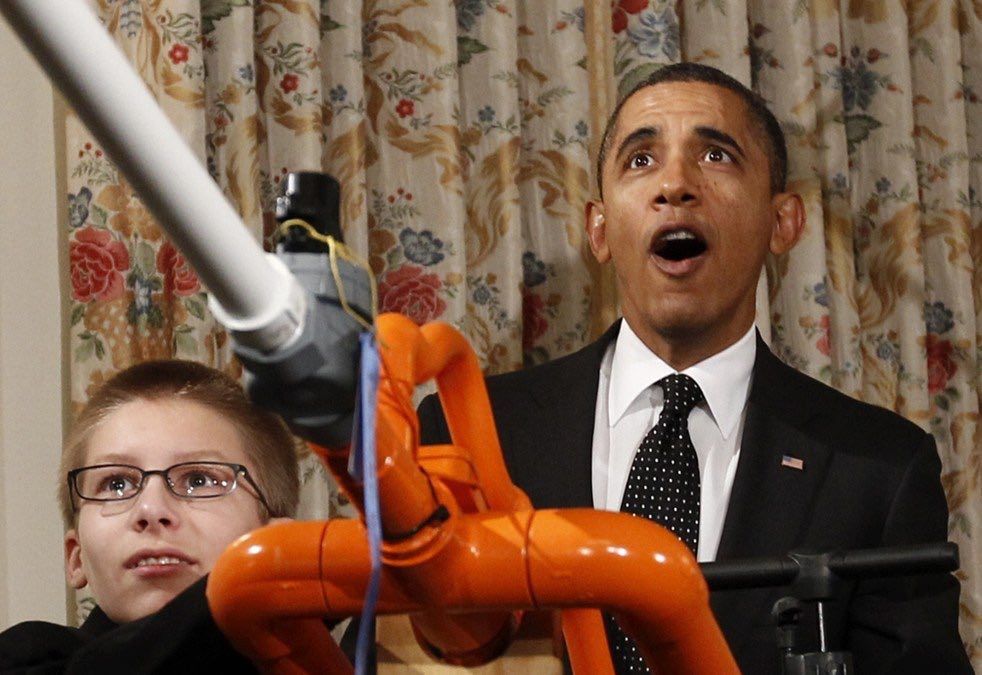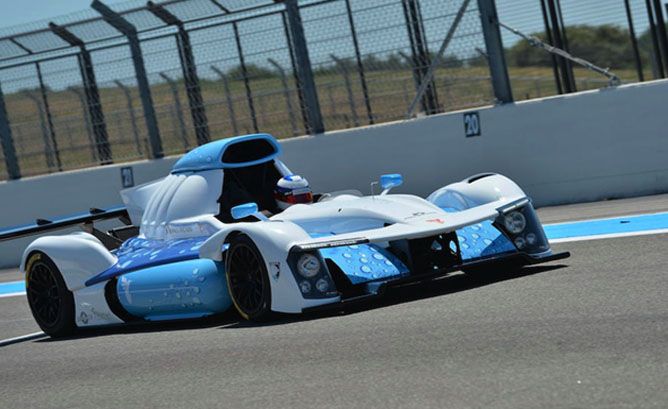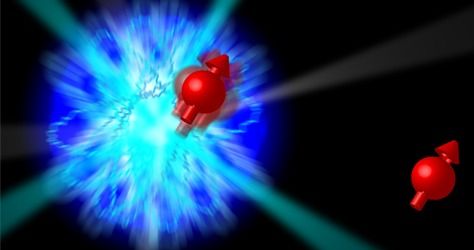Jun 22, 2016
A federal panel just gave the green light to use gene editing on humans
Posted by Shailesh Prasad in categories: bioengineering, biotech/medical, genetics, health
Scientists are one step closer to using CRISPR gene editing on humans, with a US federal advisory panel approving the use of the technique for a study led by the University of Pennsylvania.
The scientists are seeking to use the CRISPR-Cas9 technique to create genetically altered T cells – white blood cells that play an important role in our immune system – that are more effective at fighting cancer cells in patients with melanoma, multiple myeloma, and sarcoma.
“Our preliminary data suggests that we could improve the efficacy of these T cells if we use CRISPR,” lead researcher Carl June told the National Institute of Health’s (NIH) Recombinant DNA Advisory Committee (RAC) on Tuesday.
Continue reading “A federal panel just gave the green light to use gene editing on humans” »

















